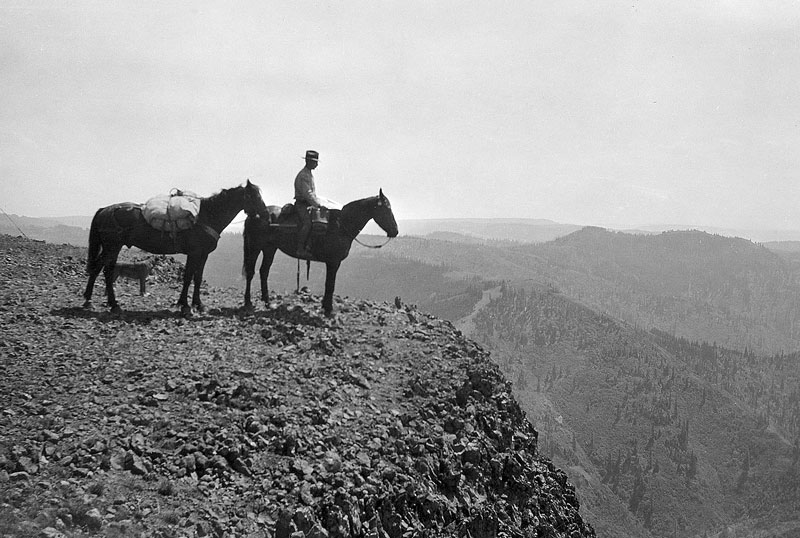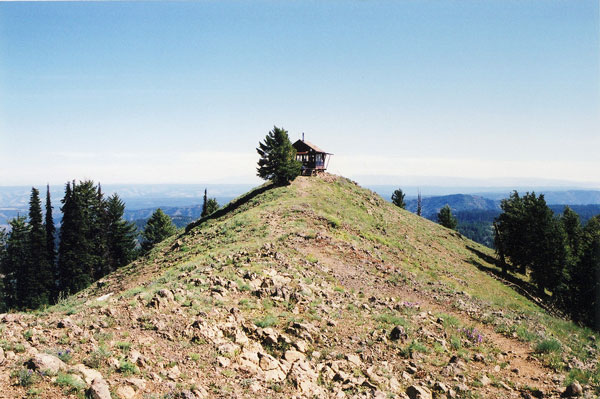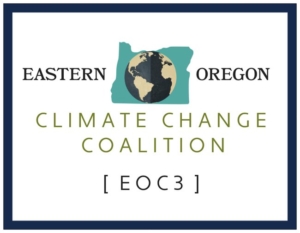Start With These 10 Actions!
United Nations
Everyone can help limit climate change. From the way we travel, to the electricity we use and the food we eat, we can make a difference. Start with these ten actions to help tackle the climate crisis.
Act Now!
United Nations
To preserve a livable climate, greenhouse-gas emissions must be reduced by half by 2030 and to net zero by 2050. Bold, fast, and wide-ranging action needs to be taken by governments and businesses. But the transition to a low-carbon world also requires the participation of citizens – especially in advanced economies.
Evaluate Your Home
Energy Trust of Oregon
Evaluating your home’s current energy use is the first step to discovering upgrades that can boost comfort and lower monthly bills. Once you determine which energy improvements you’d like to make, Energy Trust can provide cash incentives to help you complete your projects.
Evaluate Your Home – Do It Yourself Home Energy Assessments
US Department of Energy
While a professional home energy assessment is the best way to determine where your home is losing energy and where you can save, you can conduct your own simple but diligent walk-through and spot many problems in any type of house.
Photo by USDA Forest Service
Do it Yourself Resources & Cash Incentives
Energy Trust of Oregon
Would you like to spend less money on your energy bills? Energy-efficient home upgrades help you save for what matters most.
Plant-Rich Diets
Project Drawdown
A meat-centric diet comes with a steep climate price tag: one-fifth of global emissions. If cattle were their own nation, they would be the world’s third-largest emitter of greenhouse gases. Plant-rich diets reduce emissions and also tend to be healthier, leading to lower rates of chronic disease.
Bringing about dietary change is not simple because eating is profoundly personal and cultural, but promising strategies abound. Transition to a plant-based diet may be the most effective way an individual can stop climate change.
Reduced Food Waste
Project Drawdown
A third of the food raised or prepared does not make it from farm or factory to fork. Producing uneaten food squanders a whole host of resources—seeds, water, energy, land, fertilizer, hours of labor, financial capital—and generates greenhouse gases at every stage—including methane when organic matter lands in the global rubbish bin.
Low-Flow Fixtures
Project Drawdown
Cleaning, transporting, and heating water requires energy. More efficient fixtures and appliances can reduce home water use significantly, thereby saving water and reducing emissions.
Composting
Project Drawdown
We all know composting is good for our gardens, but it also converts organic waste into soil carbon, thereby averting landfill methane emissions. Composting reduces methane gas emissions by 50%.
Electric Cars
Project Drawdown
EV cars drastically reduce emissions, while avoiding much maintenance required for gas-powered vehicles. With entry-costs falling, the purchase price is comparable to many mid-range conventional cars. After purchase, operating costs are low. Factor in the increasing range of EVs, and it’s easy to see why sales are rapidly increasing.
Photo by David Powell
Hybrid Cars
Project Drawdown
A transitional technology, hybrid cars pair an electric motor and battery with an internal combustion engine. The combination improves fuel economy—more miles on a gallon—and lowers emissions.
Sustainable Travel
Travel Oregon
Check out these sustainable travel ideas from Travel Oregon. They include car-free getaways and experiencing sustainable Oregon breweries & local food!
Carpooling
Project Drawdown
When we share common origins, destinations, or stops, riding together saves fuel & cuts emissions. People are increasingly open to this powerful transportation tool, with zero implementation costs (and huge potential savings for individuals & our planet!)




